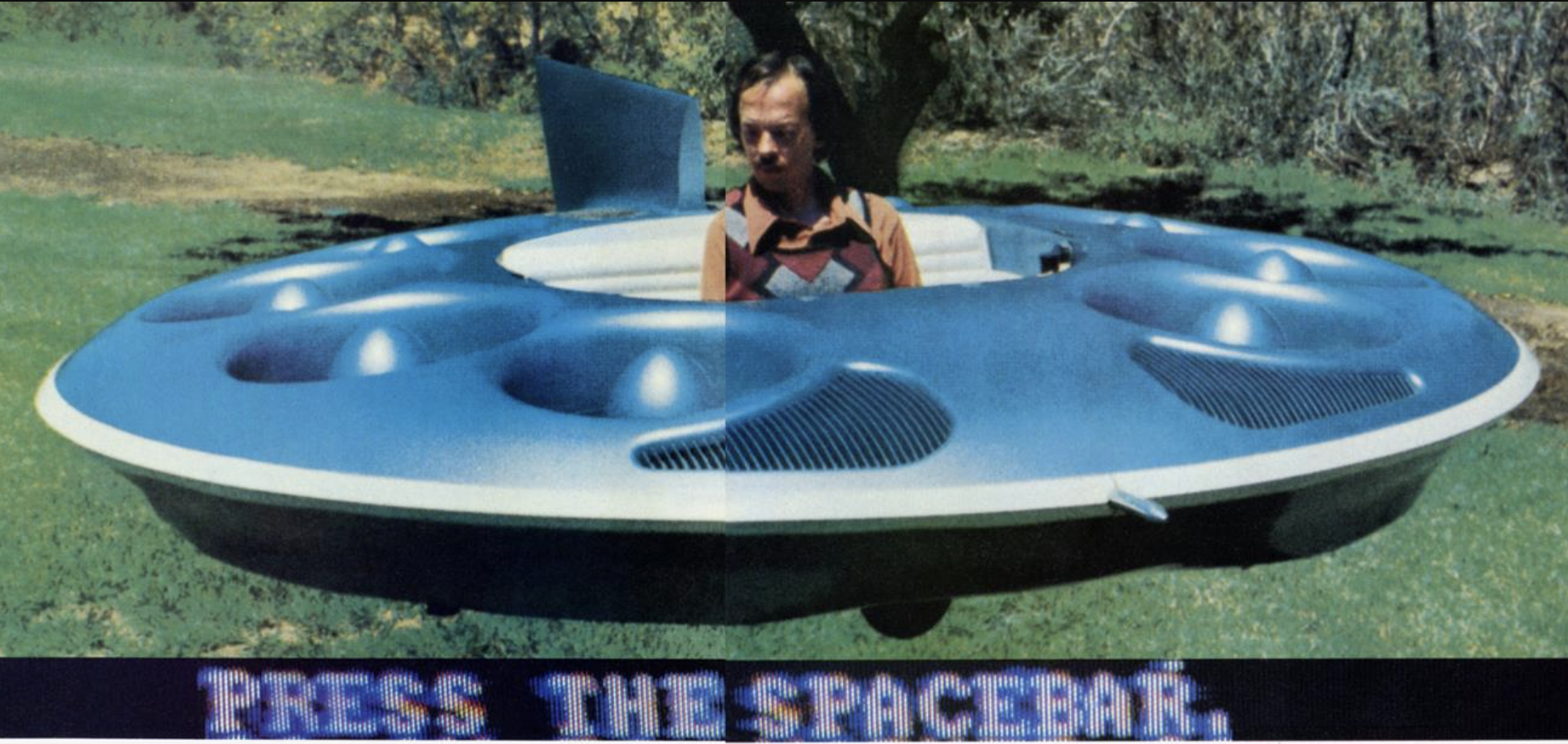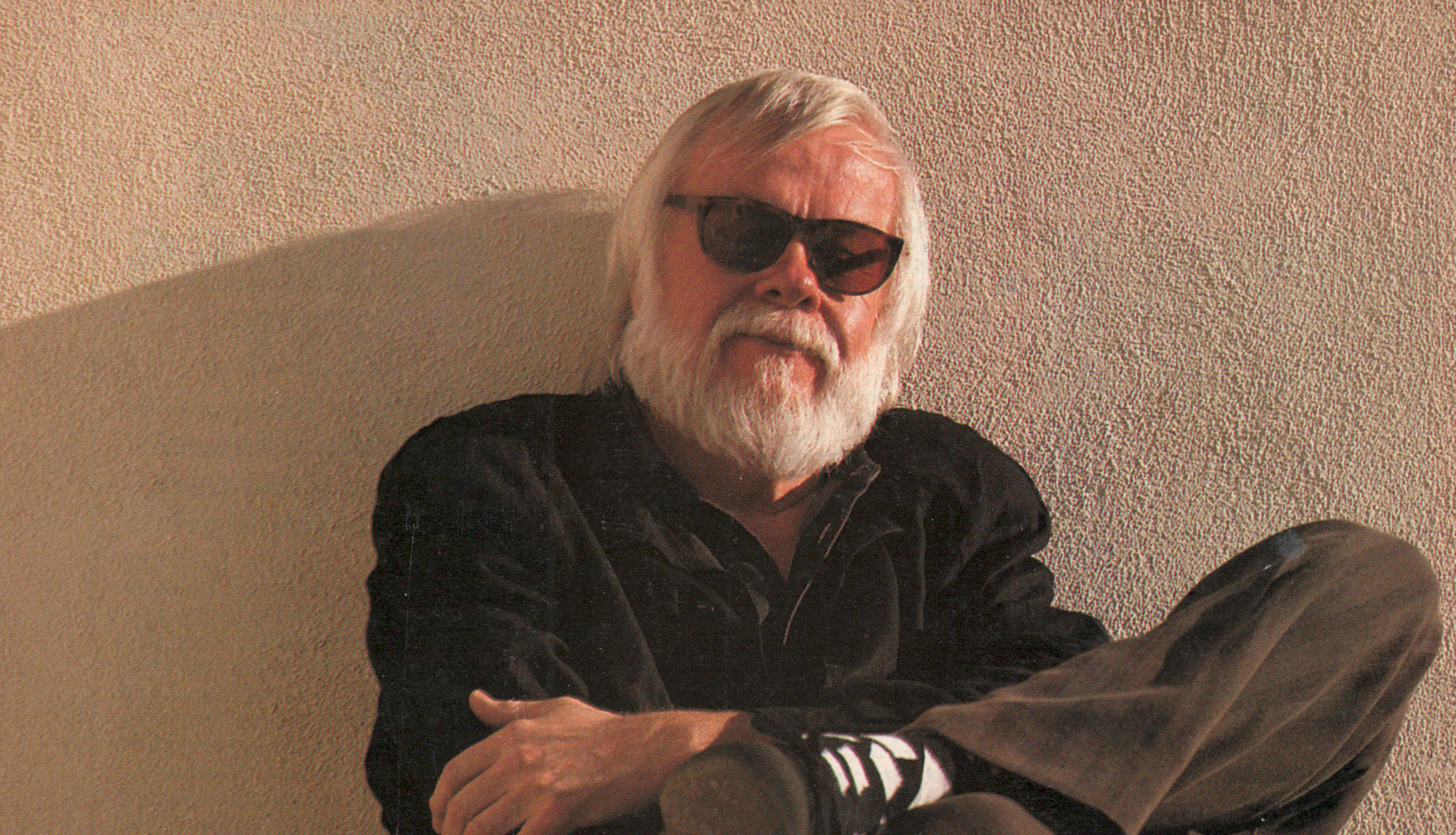
Cai Guo-Qiang
After working with institutions of the highest rank, from the Getty to Tate Modern, one of the most recognizable artists of recent memory is dipping more than a toe into the commercial art world.

October 22, 2025












 November 1, 2015
November 1, 2015
 December 1, 2009
December 1, 2009
 November 8, 1999
November 8, 1999
 May 1, 1996
May 1, 1996
 December 17, 1995
December 17, 1995
 May 21, 1995
May 21, 1995
 June 25, 1990
June 25, 1990
 April 1, 1990
April 1, 1990
 November 8, 1987
November 8, 1987
 October 1, 1986
October 1, 1986
 March 1, 1985
March 1, 1985
 August 1, 1984
August 1, 1984
 October 24, 1977
October 24, 1977
 July 14, 1977
July 14, 1977